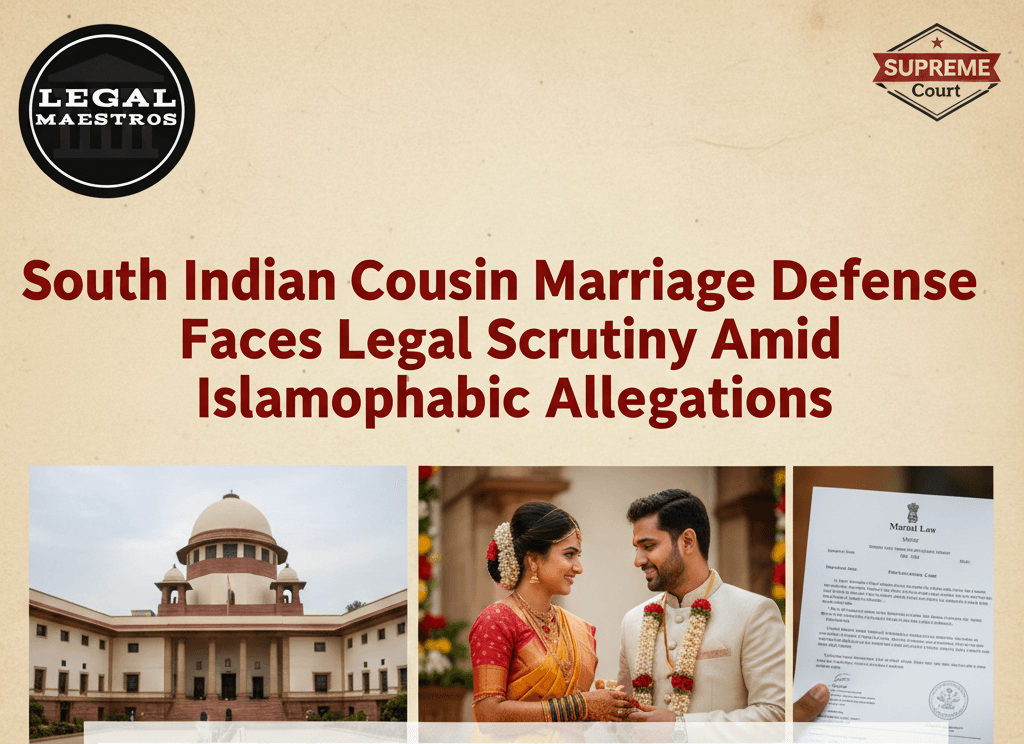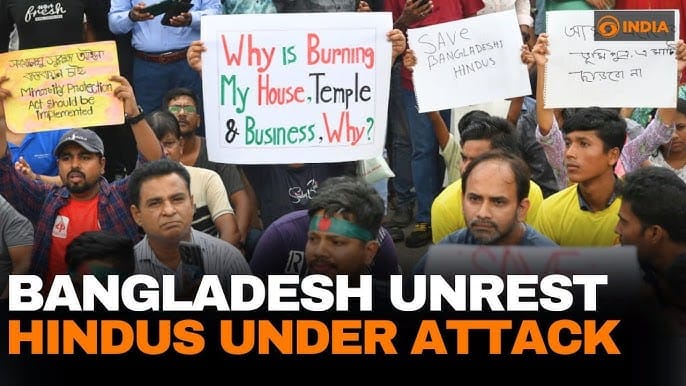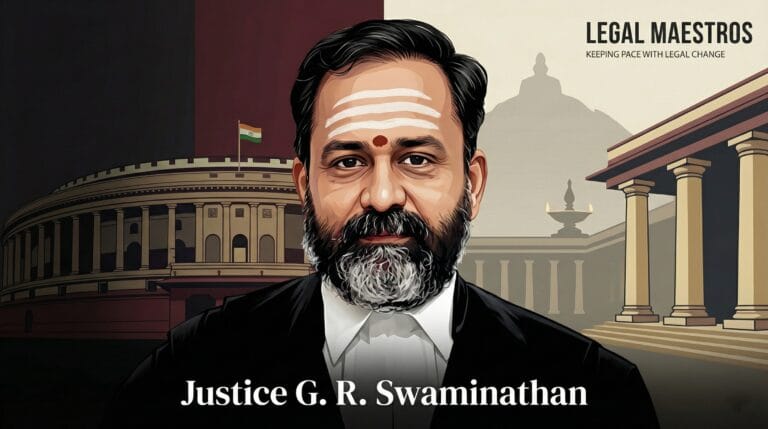
South Indian Cousin Marriage Defense Faces Legal Scrutiny Amid Islamophobia Allegations
A Cultural Practice Faces a Legal Test
Consanguinity marriage, which is also known as cousin marriage is a long held cultural tradition in South India, but is currently the focus of a new, highly-fueled legal struggle. The practice, which has been prevalent in most societies over the centuries, is being called into question in the court by a Public Interest Litigation (PIL). The suit aims at prohibiting the practice on the grounds of health hazards and social issue. It is this legal examination, however, which has been muddled by the nature of arguments which are now being employed in defense of the tradition.
The case has been given a sharp twist to lose its base as a mere argument between traditional and modern law. A defense affidavit of the practice has attracted a lot of criticism and Islamophobia charges. According to critics, the defense has tried to make the lawsuit appear to be a discriminatory attack on Hindu practices. This has relegated the medical and legal issues about cousin marriage to a very delicate communal issue.
This is a complicated legal battle that is being fought and cultural rights, public health, and religious sensibilities are direct opposing forces. It is now up to the court to go through these issues which are interwoven. The case is no longer a question of whether or not cousin marriage is valid. It has been a major proving ground on how the Indian judicial system deals with litigation in which custom is set against reform particularly when communal accusations are at play.
For any queries or to publish an article or post or advertisement on our platform, do call at +91 6377460764 or email us at contact@legalmaestros.com.
Marriage within the family is common in the states of Tamil Nadu, Andhra Pradesh as well as Karnataka with the customary marriages being that of a daughter of a maternal uncle or a son of a paternal aunt. To most communities, this is not just a choice but a tradition that is based on the need to maintain family setups, safeguard family property and enhance kinship ties. The practices have been practiced over time and many people regard them as part of their culture.
The proponents of the practice claim that it is a safeguarded cultural freedom. They indicate that the Hindu Marriage Act of 1955 that regulates marriage laws of Hindu, Jain, Sikhs and Buddhists expressly grants exceptions to its provisions on the prohibited relationships provided it is acceptable by the community in terms of its custom. This is the foundation of the defense under this legal provision that it is not a mere habit that is being disputed, but a custom that is legally understood.
The Public Interest Litigation Against Cousin Marriage
The legal issue itself was brought on board by the public health lobbyists and child rights lobbyists. The basis of their petition is the fact that the practice of consanguineous marriage is scientifically and medically objectionable to be outlawed. This is pointed out in the PIL which states that the risk of genetic disorders and birth defects among children born in such marriages is very high. The petitioners want the court to determine the practice a social evil, and putting health and well being of children first before cultural practices.
The activists claim that although the custom might have been socially beneficial at some point in the past, the medical risks are proven to be even more than that. The petition provides evidence and scientific research as a whole to back up its claims and request the court to step in on behalf of the health of people. This legal initiative is supposed to effect a social change as it has been done with other practices, which have been considered to be detrimental like child marriage, through legal intervention.
Such a lawsuit leaves the court in a tricky situation. It has to balance between the constitutional right to cultural and religious freedom and the obligation of the state to health and welfare of its citizens. The petitioners are technically challenging the judiciary to make a decision that a long-standing practice is no longer warranted in the modern society because of its negative implications. This has placed the court as the referee in a straight battle between strongly held faith and science.
The court battle is not an isolated issue. Most nations around the world are limiting or prohibiting cousin marriages because of the genetic risks of such marriages. The petitioners are using this consensus in the international level to support their case. According to them, these progressive legal standards also need to be embraced in India to protect the people of the nation. The gist of their argument is that custom is not an eligible defense where it results in future generations of harm that would be predictable and preventable.
This questioning is compelling societies to openly justify a practice that has been assumed. The law arguments should no longer be content with the mere fact that it is our custom. The defenders are being put on the defensive to explain to them why this practice ought to be given a go-ahead regardless of the medical findings by the petitioners. This is a serious challenge that is coming up as a public and legal justification process.
Defense of Custom and Tradition in South India
Cousin marriage is a topic that is deeply entrenched on the principle of cultural identity. Defenses of the practice have presented their arguments to the court as to why it is socially and family significant. They cite that these marriages are critical in supporting the social structure of the communities. These unions are regarded as a means of ensuring that brides are treated well because they are getting married into a familiar and a related family.
More so, the defense emphasizes the economic nature of the tradition. In most agricultural and business societies, the family marriage does not split up land and property. It preserves the wealth and assets of the ancestors within the same lineage. This is an effective economic justification and one of the more important elements of the classic defense. The practice is perceived as an attempt to bring stability and security to the family unit.
By law, the defense is practically based on the exception of custom that is offered in the Hindu Marriage Act. The lawyers representing the responding groups claim that the Parliament of India knew about these various customs to draft the law. The law specifically opted to honor and defend such traditions, as they were provided with the exception. According to them, the court cannot easily remove a particular provision of a central law by a PIL.






